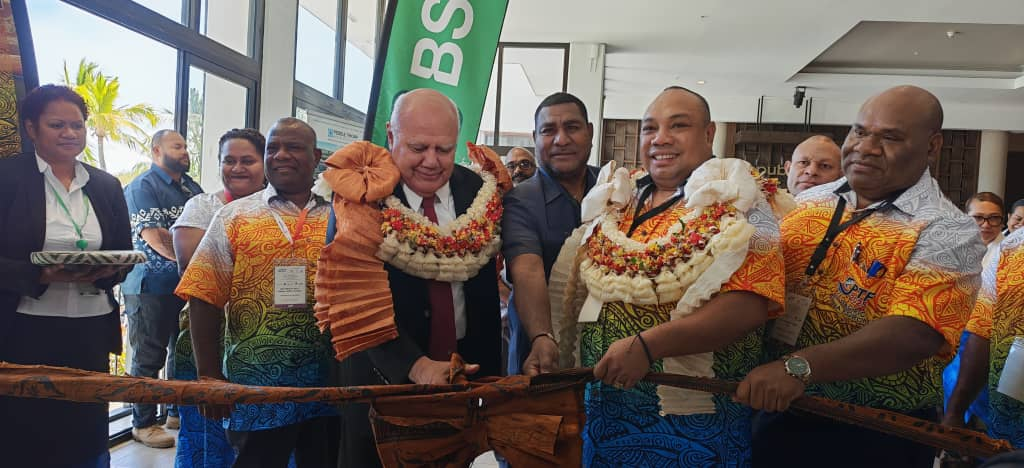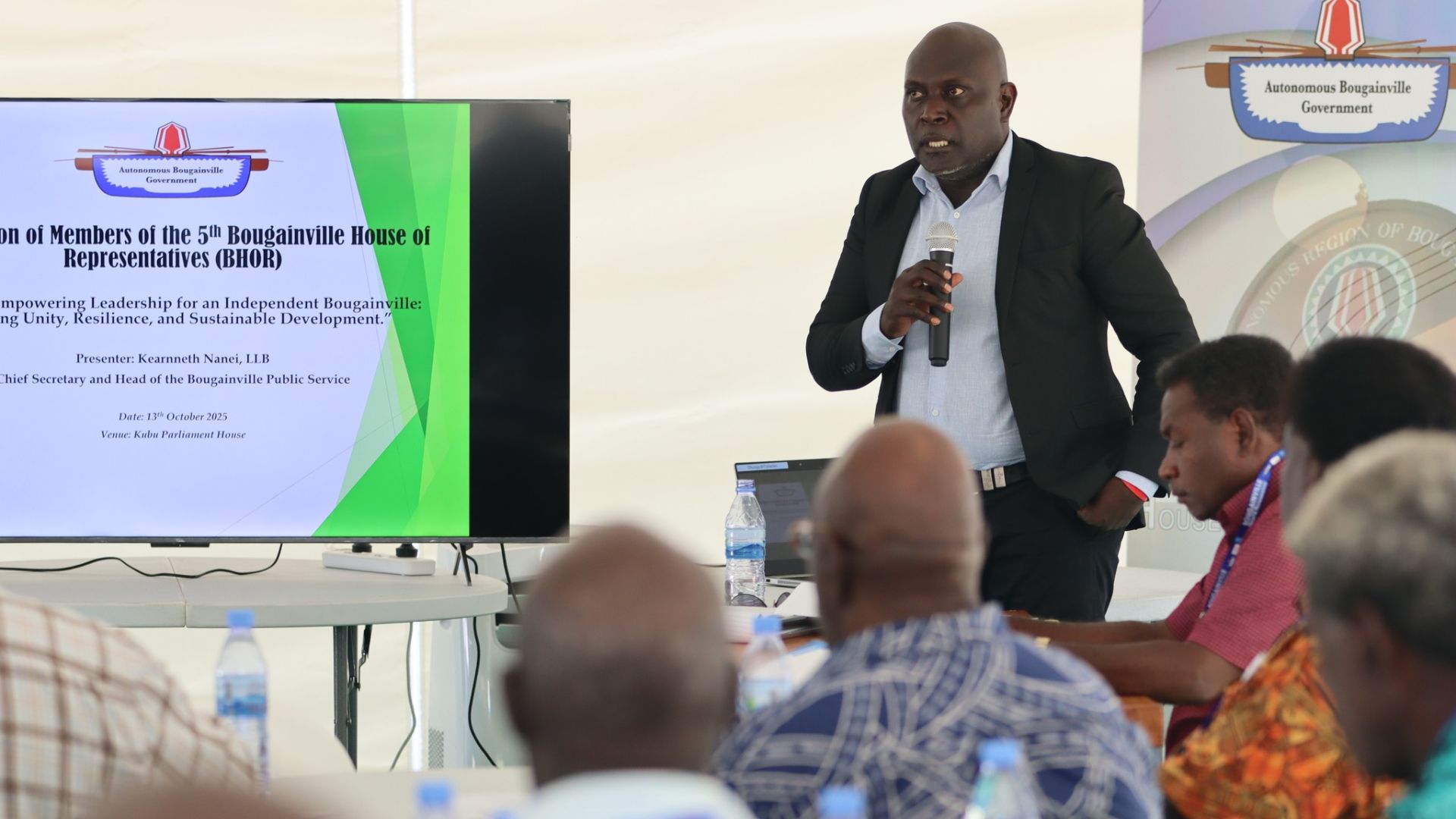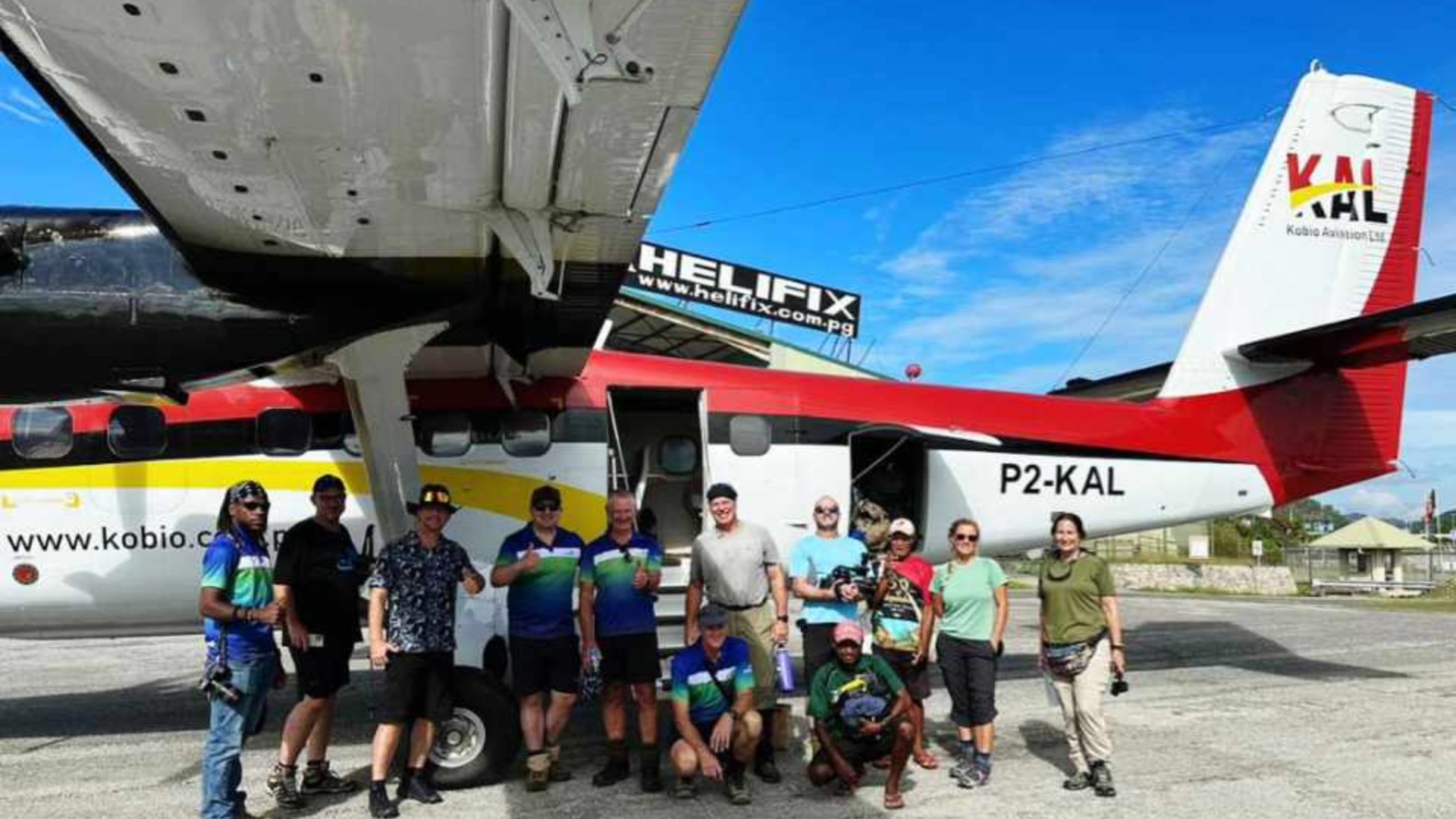Acting Director and Engineer for Water, Sanitation, and Hygiene (WaSH), Mr. Sona Anegi at the Appropriate Technology for Community Development Institute (ATCDI) at PNG University of Technology, says the WaSH Program is dedicated to providing clean, safe water to communities in need.
By conducting feasibility studies and installing water supply systems, the program aims to improve health and well-being in water-deprived regions.
"This initiative not only builds infrastructure but also offers technical assistance and training to create self-sustaining, locally managed solutions," Anegi said.
The program focuses on water supply and sanitation, striving to make a lasting impact through research and the development of technologies tailored to Papua New Guinea's unique conditions.
The program designs and constructs ferrocement water tanks, water wells, hand pumps, hydraulic ram pumps, and gravity-feed systems.
It also conducts feasibility studies, constructs sanitary facilities like Ventilated Pit Latrines, and addresses specific challenges such as high groundwater levels.
A notable project is the recent water supply system in Kapari Village, Abau District, Central Province.
This project, funded by ATCDI and the Kapari Development Association, included drilling a 34m-deep bore and installing a 9500L tank with a solar pump.
The system ensures gravity-fed water supply to ground-level taps, significantly improving access to clean water for the community.
Unitech's ATCDI recently signed a K420, 000 contract with the Huon Gulf District Development Authority (HGDDA) for water bore projects.
UNITECH Vice Chancellor Dr. Ora Renagi emphasized the university's mission to transfer technology to improve living standards and praised ATCDI for its ongoing projects in water supply, electricity, and agriculture across the country.
Meanwhile the Kapari Village project, celebrated by the local community, highlights the transformative impact of these initiatives and underscores the need for further investment to extend water access to more areas.





